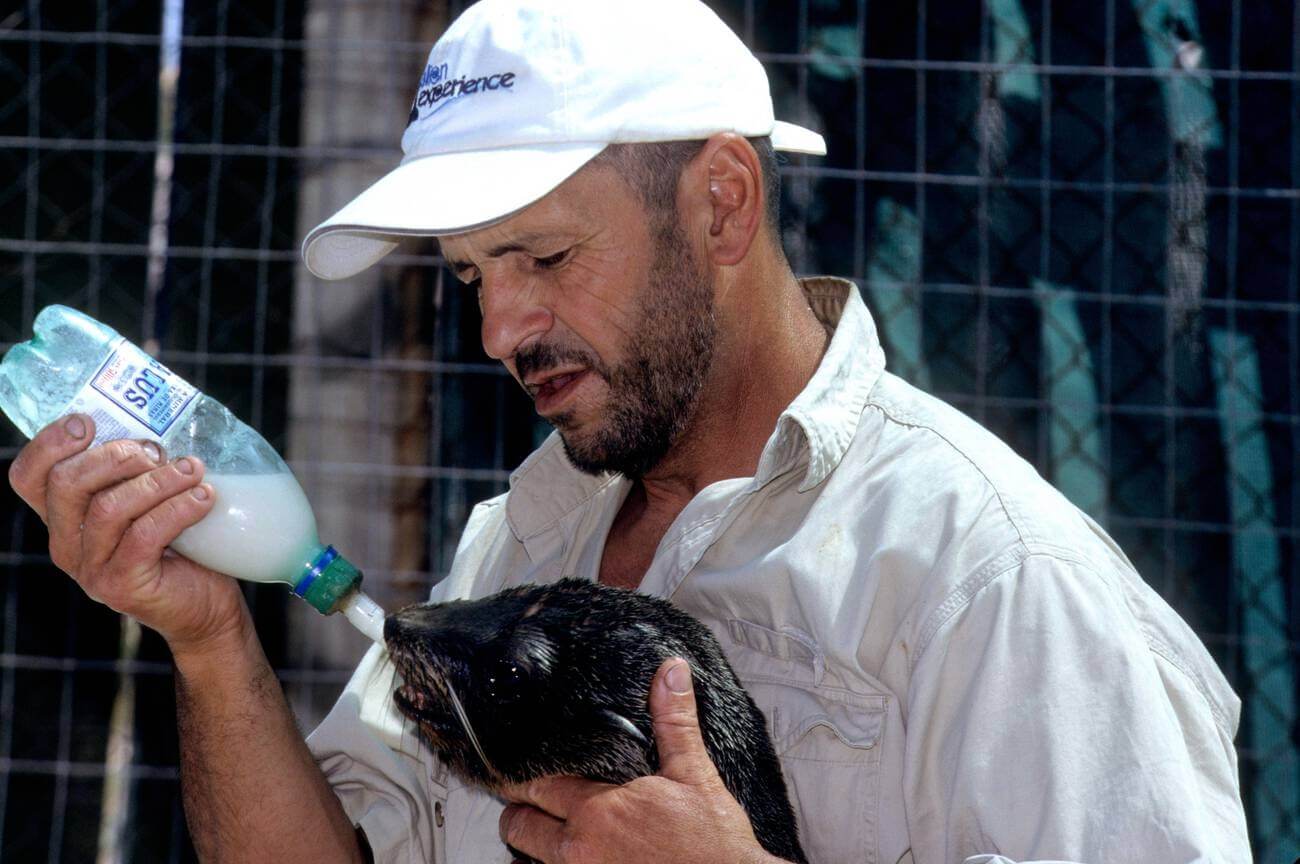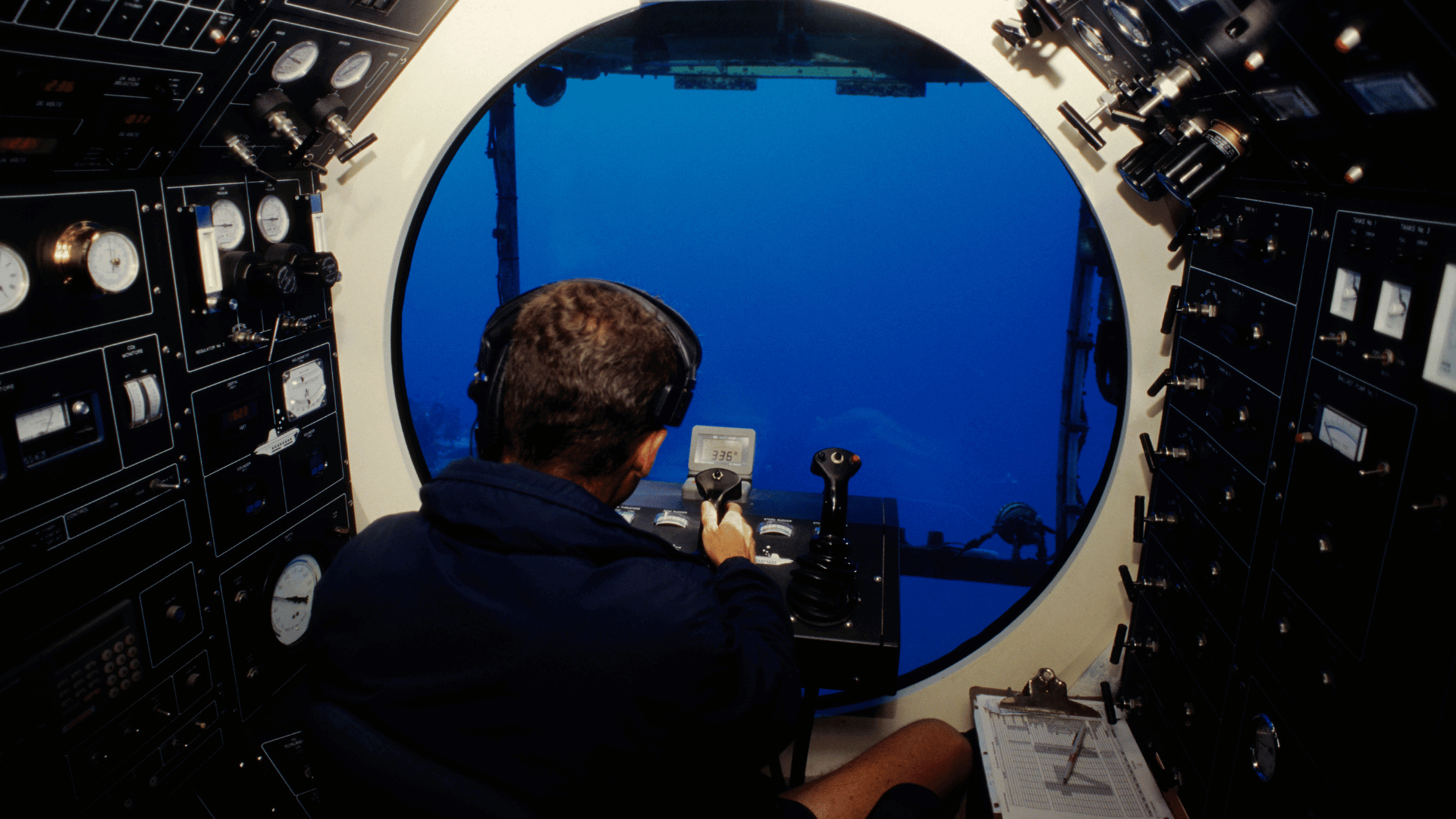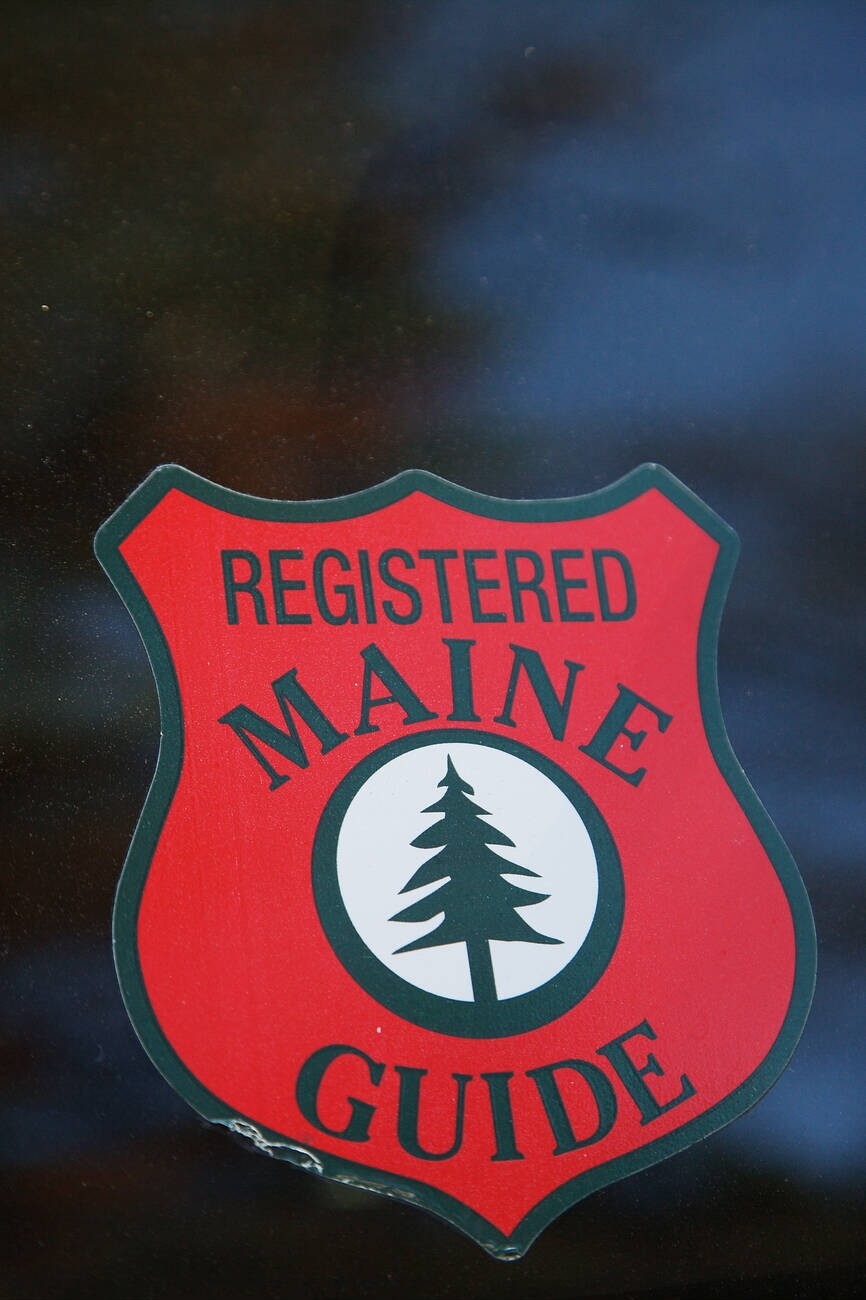Becoming a guidance counselor in Maine requires following specific educational and certification steps. As a guidance counselor, you will help students overcome their academic and personal challenges, develop academic plans, and address social issues. To be eligible for this position, you need to have a master’s degree in counseling and obtain state certification, ensuring you are well-prepared for the job. This guide outlines the process to help you start a fulfilling career as a guidance counselor in Maine.
Understanding the Role of a Guidance Counselor

As a guidance counselor, you will play a crucial role in helping students achieve their academic and personal goals. This section will provide you with an overview of the key responsibilities of a guidance counselor and the impact that this role has on student development.
Key Responsibilities
As a guidance counselor, your primary responsibility is to assist students in their academic and personal growth. You will be responsible for providing guidance and support to students as they navigate their academic journey. Some of your key responsibilities will include:
- Conducting individual and group counseling sessions to advise and assist students with academic and vocational development.
- Evaluating students’ attributes and assisting them in realizing their objectives.
- Guiding students on college and career planning, including college selection and application processes.
- Helping students develop problem-solving and decision-making skills.
- Collaborating with teachers, parents, and administrators to identify and address student needs.
Impact on Student Development
As a guidance counselor, you will have a significant impact on the academic and personal development of your students. By providing guidance and support, you will help students develop the skills and confidence they need to succeed in school and life. Some of the ways in which your role as a guidance counselor can impact student development include:
- Improving academic performance by helping students set goals and develop study habits.
- Providing emotional support to students who may be struggling with personal issues or mental health challenges.
- Encouraging students to explore their interests and passions and helping them identify career paths that align with their strengths and values.
- Helping students develop social skills and build positive relationships with peers and adults.
In conclusion, becoming a guidance counselor in Maine is a rewarding and fulfilling career choice. By understanding the key responsibilities of this role and the impact that it can have on student development, you will be better equipped to make a positive difference in the lives of the students you serve.
Educational Requirements in Maine
If you are interested in becoming a guidance counselor in Maine, you must meet certain educational requirements. This section will discuss the relevant degrees and certification prerequisites that are required to become a guidance counselor in Maine.
Relevant Degrees
To become a guidance counselor in Maine, you need to have a master’s degree in school counseling or a related field. You can obtain this degree from an accredited institution. Some of the relevant degrees that can prepare you for a career in school counseling include:
- Master of Education (M.Ed.) in School Counseling
- Master of Science (M.S.) in School Counseling
- Master of Arts (M.A.) in Counseling Psychology
It is important to note that the program you choose must be approved by the Maine Department of Education. Additionally, the program must include coursework in areas such as counseling theories, human development, group counseling, and career counseling.
Certification Prerequisites
Once you have obtained your master’s degree, you must meet the certification prerequisites to become a guidance counselor in Maine. The following are the requirements:
- Completion of a master’s degree in school counseling or a related field from an accredited institution.
- Completion of an approved program that includes coursework in counseling theories, human development, group counseling, and career counseling.
- Completion of a supervised practicum or internship in a school counseling setting.
- Passing score on the Praxis II School Guidance and Counseling exam.
- Criminal background check.
It is important to note that the Maine Department of Education requires that all school counselors complete continuing education credits to maintain their certification. This ensures that counselors stay up-to-date with the latest research and best practices in the field of school counseling.
Certification Process
If you are interested in becoming a guidance counselor in Maine, you will need to meet certain requirements and complete the certification process. Here is what you need to know:
Application Procedure
To become a guidance counselor in Maine, you will need to complete an application and submit it to the Maine Department of Education. The application will require you to provide information about your educational background, work experience, and other relevant details. You will also need to provide transcripts from your undergraduate and graduate programs.
In addition to the application, you will need to provide proof of completion of a state-approved guidance counselor preparation program. If you completed your program out of state, you will need to provide documentation showing that it meets Maine’s requirements.
Examination and Assessment
Once your application has been approved, you will need to pass the Maine Guidance Counselor Assessment. This assessment is designed to measure your knowledge and skills in the areas of counseling, consultation, assessment, and program evaluation.
To prepare for the assessment, you should review materials from your guidance counselor preparation program, as well as other resources such as study guides and practice tests. Consider participating in a study group or seeking assistance from a mentor or supervisor.
After passing the assessment, you will be issued a provisional certificate, which is valid for three years. During this time, you will need to complete additional requirements, such as continuing education and supervised work experience, in order to obtain a full certificate.
Overall, becoming a guidance counselor in Maine requires dedication and hard work, but it can be a rewarding career path for those who are passionate about helping others.
Gaining Experience
As a future guidance counselor in Maine, gaining experience is crucial to your success. Here are some ways to gain experience in the field:
Internship Opportunities
Internship opportunities are a great way to gain experience in the field of counseling. Many universities and colleges offer internships for students pursuing a degree in counseling. These internships provide students with hands-on experience in counseling and allow them to work with experienced counselors.
Entry-Level Positions
Entry-level positions are another way to gain experience in the field of counseling. Many counseling agencies, schools, and hospitals offer entry-level positions for those looking to gain experience. These positions may include working as a counselor’s assistant or working in a support role.
It is important to note that in Maine, to gain clinical counseling experience, you must first obtain a clinical license type. The board permits the use of “alternative experience” to reflect lawfully gained clinical counseling experience via another clinical license type or post-master’s clinical counseling experience gained in another state. Alternative experience for a clinical license can only be gained in Maine after first obtaining a clinical license type.
As you gain experience in the field of counseling, you will become better equipped to help your clients. Remember, gaining experience is a process, and it takes time. Keep working hard and learning, and you will be on your way to becoming a successful guidance counselor in Maine.
Continuing Professional Development
As a guidance counselor in Maine, it is important to stay up-to-date with the latest industry trends and best practices. This can be achieved through ongoing professional development opportunities, including advanced certifications and continuing education.
Advanced Certifications
Obtaining advanced certifications can help you stand out in a competitive job market and demonstrate your expertise in a specific area. For example, the National Board for Certified Counselors offers several specialty certifications, including the National Certified Counselor and the Certified Clinical Mental Health Counselor.
Ongoing Education
Continuing education is a requirement for maintaining your counseling license in Maine. The Board of Counseling Professionals Licensure requires 55 hours of continuing education every 2 years, including 4 hours of ethics. All 55 CE hours can be earned online.
There are many options for continuing education, including conferences, workshops, and online courses. It is important to choose courses that align with your professional goals and interests and that are approved by the Board of Counseling Professionals Licensure.
By staying current with the latest research and best practices, you can provide the best possible guidance to your clients and advance your career as a guidance counselor in Maine.
Frequently Asked Questions
What exciting educational path leads to a career as a guidance counselor in Maine?
Becoming a guidance counselor in Maine is an exciting and rewarding career path that requires a specific educational background. To become a guidance counselor in Maine, you need to earn a master’s degree in counseling or a related field, complete an internship, and pass the Praxis exam.
Can you share the steps to obtaining licensure as a school counselor in Maine?
To obtain licensure as a school counselor in Maine, you need to complete a master’s degree in counseling or a related field, complete an internship, and pass the Praxis exam. Additionally, you need to complete 24 graduate semester credits of education for school counselors and have proof of current enrollment in a school counselor master’s program.
What are the most rewarding reasons to pursue a profession in school counseling?
Pursuing a profession in school counseling can be incredibly rewarding. You will have the opportunity to help students navigate through difficult times and make positive changes in their lives. Additionally, you will have the chance to work with a diverse group of students and make a significant impact on their academic and personal success.
What degrees are most advantageous for aspiring guidance counselors?
The most advantageous degree for aspiring guidance counselors is a master’s degree in counseling or a related field. Additionally, a degree in psychology, social work, or education can be beneficial.
In which state do guidance counselors find the most lucrative opportunities?
The state of Maine offers competitive salaries for guidance counselors, but other states may offer more lucrative opportunities. California, New York, and Massachusetts are among the states that offer the highest salaries for guidance counselors.
How do LPC and LCPC certifications differ in the state of Maine?
In the state of Maine, LPC and LCPC certifications differ in their requirements. LPC certification requires a CACREP-approved mental health counseling master’s program consisting of 60 semester credit hours, while LCPC certification requires a master’s counseling program that is US DOE accredited and contains at least 48 semester credit hours along with 12 graduate-level coursework.





